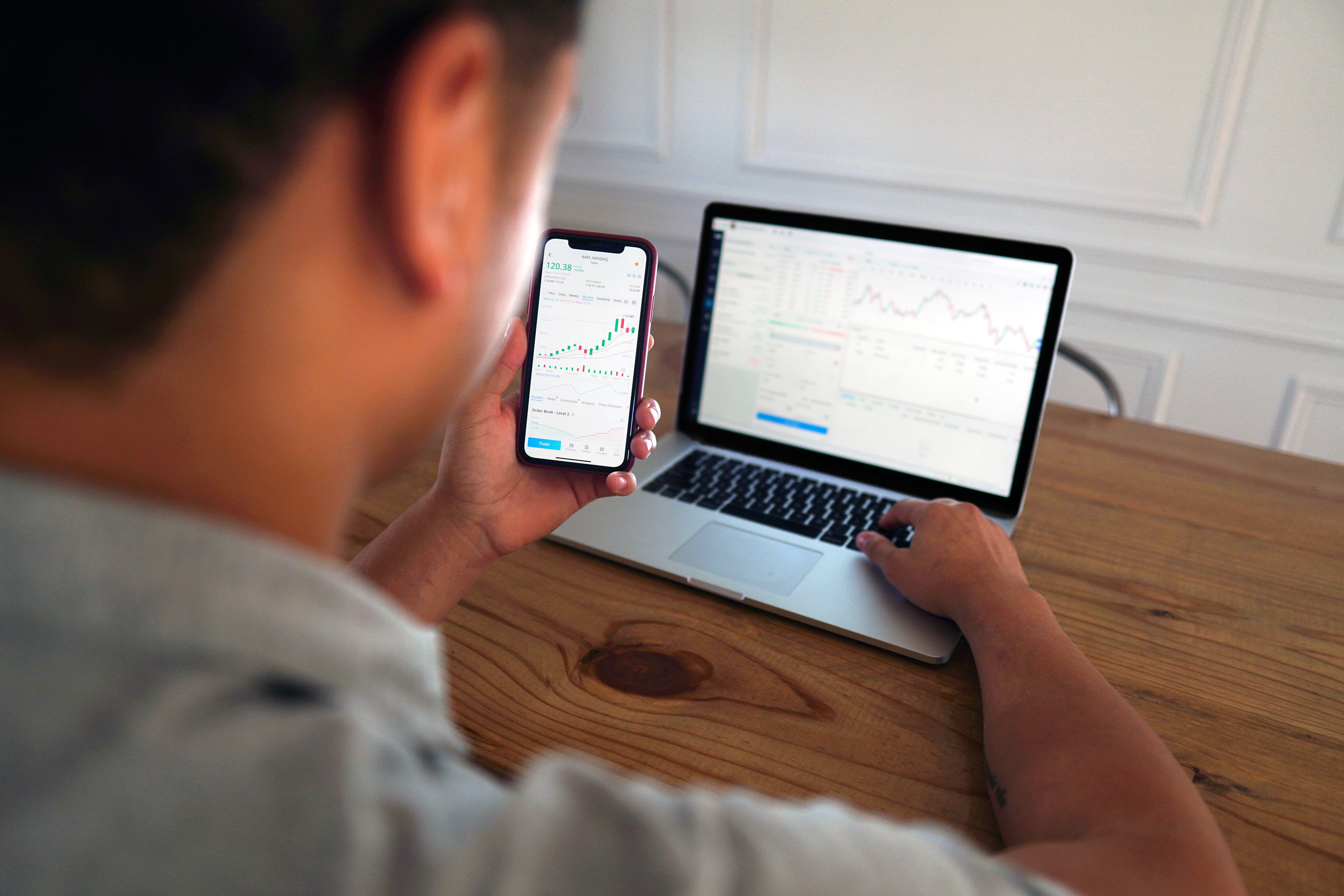Futures trading is one of the hottest markets to be involved in. In finance, a futures contract, also known as a futures contract, is an international standardized legal agreement to purchase or sell a specific item at a certain date in the future, between willing parties not necessarily familiar with each other. The item traded is usually a particular financial commodity or instrument. Futures contracts are open for market trading 24 hours a day. This is why futures trading is a popular avenue to enter the financial markets and make money.
Arbitrage
If you have heard of arbitrage, you probably did not consider futures contracts. Arbitrage is the practice of purchasing an item that is being sold at a price lower than the seller. By selling that item for a higher price than you purchased it you can profit. If the price gap is large enough, and the market has not yet begun to move, you can use the information gained to enter the futures market and deliverable commodity at a profit. With the ability to enter futures trading and deliverable commodities, the opportunities in investing are many.
Popular avenue for investment
With more people getting involved and the overall volatility of the global marketplace, it is no surprise that trading futures has become a popular avenue for investment. There are several types of futures contracts available to both institutional and individual traders. Some popular futures contracts include corn futures, soy futures, natural gas futures and wheat futures. Commodity futures provide an excellent entry into the futures markets. Investing in these futures allows even the novice trader to understand the basics of trading.
Learn the terminology
You may find investing in the futures trading market confusing, especially if you do not understand the terminology used. For instance, if you are unsure what the expiration date on your crude oil futures contract means, you should ask for clarification before purchasing the contract. The expiration date is important because if you purchase a commodity and the market shows that the contract will expire within the next two days, you have lost your entire investment. Similarly, the length of the contract determines how much you will earn.
Open a margin account
If you are new to futures trading and do not yet have a margin account, you may consider opening one today. Having a margin account allows you to make an initial deposit into your account and use your funds to speculate on various commodities. Once you have a substantial amount of money set aside in a margin account, you can start trading and begin earning profits on your commodity investments. Your account balance will continue to grow as long as you maintain your risk limits and your investment methodology.
Open a short position
Another way to get started with futures investing is to open a short position. A short position is a position within the trading platform, which is opposite to your original position, and instead represents an assumption of the exchange rate between the two positions. This allows you to buy products at a low price and sell them for a profit in the near future. In the same way, you can protect yourself from exposure to negative situations by closing out a long position before the market reaches extreme levels. Many speculators will opt to take an initial margin loan from their broker or futures brokerage company in order to help them safeguard against losses.






Leave a Reply